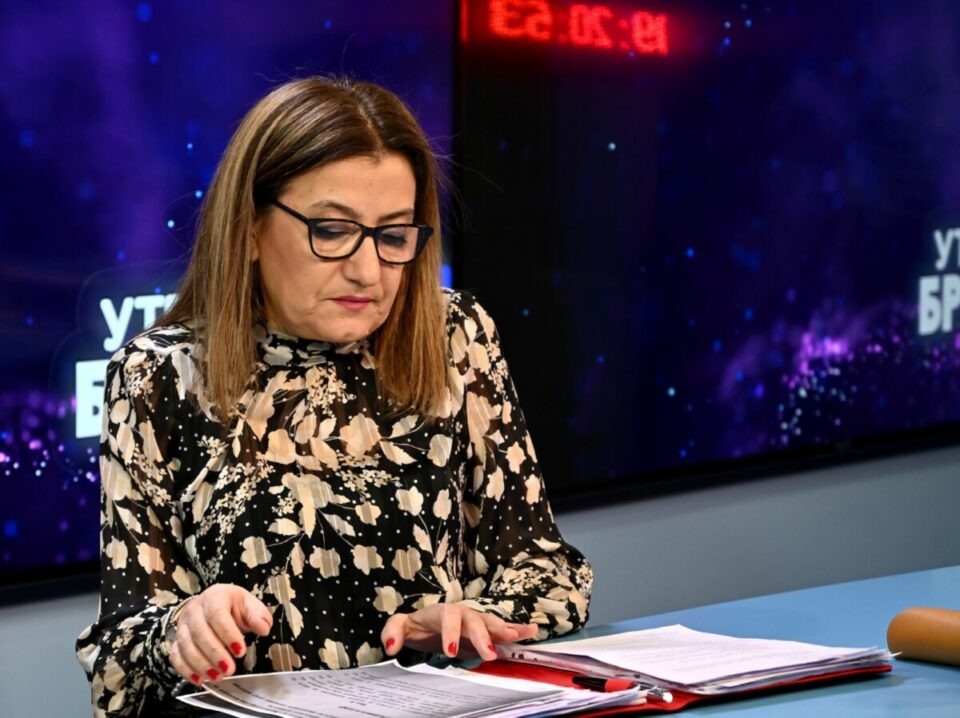The strike in education, ie in primary and secondary schools and kindergartens, entered the second week after the union members of SONK, as they informed, rejected the verbal proposal from the Government for a linear salary increase of 2,500 denars from June, which will be discussed in the Parliament.
Out of a total of 75 institutions, 29 are not on strike and the employees are at work. In the rest of the employees they are on strike but there is child care. Unfortunately, school-age children are not in schools, Jovanka Trencevska, Minister of Labor and Social Policy said in an interview with the “Morning Briefing” show.
Trencevska says that the right to strike is regulated by the Law on Labor Relations and collective agreements for child protection and education and the employer pays the contributions, but that the net salary of each employee should be paid by SONK.
Not that it does not want to, but the state has no basis how to pay the salary. Article 240 gives the right to strike, and Article 241 refers to the fact that the union should pay the salary. This is a strike to demand the advancement of workers’ rights. With the decision for strike, SONK calls for alignment with the minimum wage, and the law on minimum wage has a period of six months for alignment, says Trencevska.





Comments are closed for this post.